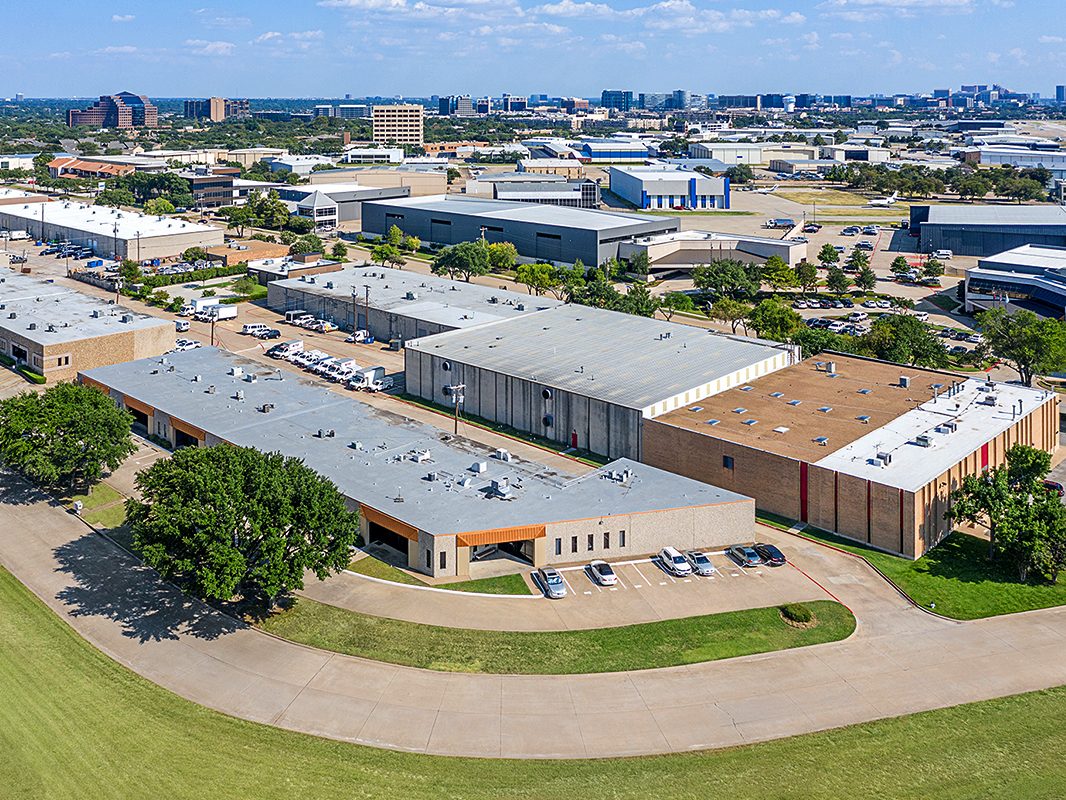Top Five Reasons to Invest in Retail REITs
By Lisa Palmer, Regency Centers Corp.
Today's investor stands to benefit from REITs' income growth, development and healthy balance sheets.
By Lisa Palmer, Senior Vice President – Capital Markets, Regency Centers Corp.
Retail REITs are a good bet for today’s investor for a variety of reasons. Here are the top five incentives for investing in this sector:
1) Income Growth. As the economic recovery picks up steam and occupancy levels rise, retail REITs should realize significant growth in net operating income. For example, Regency Centers is currently experiencing its lowest occupancy level in ten years at just under 93 percent leased. As we return to our historic yardstick of 95 percent over the next three years, we will recapture $35 million of embedded income, translating into half a billion dollars of value based upon a conservative cap rate of 7 percent.
2) Undervalued Properties. Moderate leasing activity and historically high move-outs not only lowered net operating income but depressed property values. With an oversupply of capital ready to be deployed and renewed retailer confidence translating into increased occupancy levels and higher NOI, the existing rally in property values will sustain its momentum.
3) Well Positioned for Inflation. Shopping center owners are well-positioned to handle the risk of inflation. Small-shop spaces typically turn every three to five years, allowing landlords to capture inflated rents with lease renewals.
4) Development. Shopping center companies can outpace their peers from a growth perspective by revitalizing their development programs, capitalizing on increasing retailer demand and reduced competition from a smaller pool of developers. Developments — when carefully executed at profitable risk-adjusted returns — make a meaningful contribution to earnings and net asset value, while adding quality shopping centers to the portfolio. A properly managed and sized development program should offer superior long-term growth in shareholder value.
5) Healthy Balance Sheets. Over the past two years, most retail REITs strengthened their balance sheets by reducing leverage through equity offerings. As earnings grow and leverage is further reduced, companies’ Debt to earnings before interest, taxation, depreciation and amortization will continue to improve and, in turn, earnings multiples should improve, translating to higher REIT prices.








You must be logged in to post a comment.